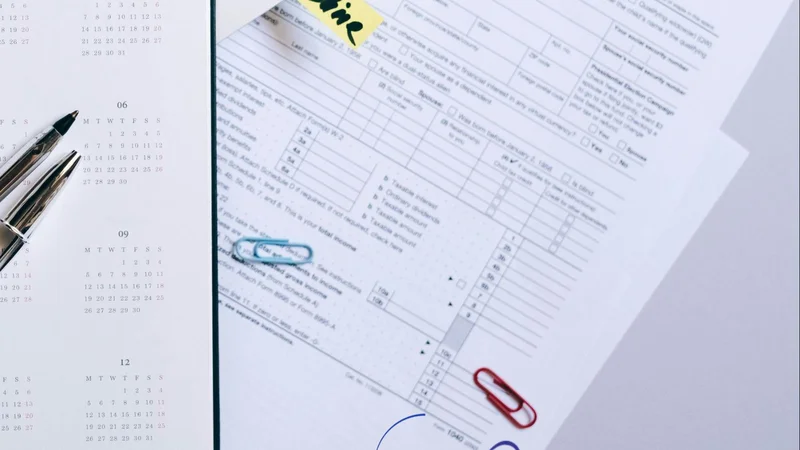Financial Accounting Standards Board suggests technical modifications to two criteria
FASB released a disclosure draft that contains suggested effective modifications and clarifications for individual specifications released in 2016 on comprising economic equipment and occupancy accounting.
•
Dec. 16, 2021

FASB released a disclosure draft that contains suggested effective modifications and clarifications for individual specifications released in 2016 on comprising economic equipment and occupancy accounting.
In Bookkeeping Standards Upgrade (ASU) No. 2016-01, Economic Instruments-Overall (Subtopic 825-10): Recognition and Figure of monetary Assets and Financial Debts, FASB developed targeted advancements to cope with specific aspects of acknowledgement, figure, demonstration, and disclosure of monetary tools.
On Wednesday’s offer, FASB aims to explain 6 problems recognized in the economic devices standard that were introduced to the board’s consideration by stakeholders.
In the meantime, ASU No. 2016-02, Leases (Topic 842), demands lessees to identify rent debts and assets on the balance sheet and reveal more information regarding renting trades. Wednesday’s offer describes sixteen concerns linked to the rents standard that were taken to FASB’s consideration through shareholders.
Related

AI Prompt Writing: The Basics for Professional Accountants
From automating routine tasks to supporting advanced analysis and advisory services, AI tools are becoming an everyday reality for professional accountants—especially those working in small- and ...
Read more
The Future of Accounting and Tax: How AI, Automation, and Regulation Are Reshaping the Profession (2025–2026)
Introduction The accounting and tax profession is undergoing one of the most significant transformations in its history. Artificial intelligence, automation, evolving regulatory frameworks, an...
Read more